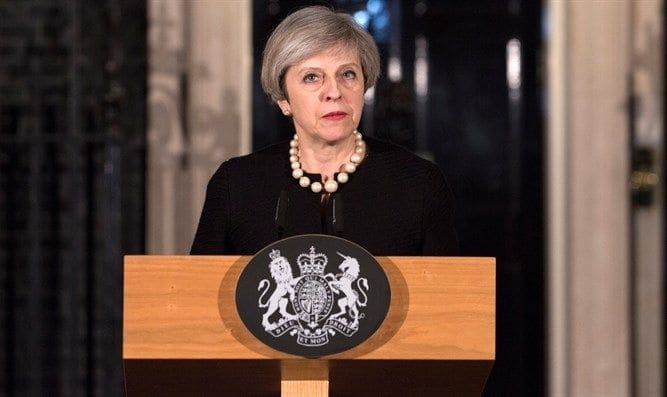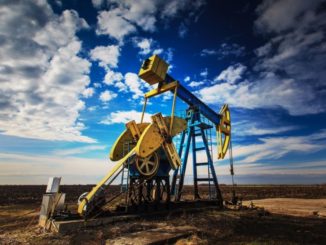
Isabel Cocker/The Santiago Times Staff
With the presidential elections 2017 in Chile approaching, The Santiago Times takes a look at what’s at stake. Which topics dominate the campaigns of the candidates? What can we expect from our future president? Today: Economic Policy.
SANTIAGO – Chile, just like many other Latin American countries, has struggled to recover after the global crash, leaving a stagnant economy whose growth is only marginal year on year. Because of this, one of the most pressing themes of this year’s elections will be economic affairs, both in terms of domestic affairs and looking outward to international trade.
Much of the country’s trade comes in the exportation of raw materials. According to the OEC, Chile’s top export goods annually are Copper Ore and Refined Copper (US$24.4 billion), Sulphate Chemical Woodpulp (US$2.27 billion) and Fish Fillets (US$2.17 billion). The reliance on this outbound trade of copper could become dangerous in the coming years as other countries such as Peru enter the copper market and the market growth stays minimal due to global doubts over the state of the Chinese economy. At the end of September, Peru passed Chile to become the largest supplier of copper to China.
Ominami has pointed out the need for a widening base of products produced here in Chile so the country may become more self-sufficient, whereas other candidates have suggested identifying markets in other countries to diversify the geographic spread of trade.
Chile Elections 2017: What’s at stake in Migration Policy?
Foreign policy may also play a factor in this global trade. As tensions between the United States and North Korea tighten, so too do relations between the U.S. and China – North Korea’s ally. However, China’s need for copper means that it is Chile’s largest trade partner with an export sector worth US$17.1 billion. This far surpasses Chile’s second trade partner, the U.S., worth US$8.4 billion. As has also been explained in our What’s at Stake in Foreign Policy? article, the next President for Chile may find themselves walking a difficult path if they wish to maintain trade relations with China but also good diplomatic relations with the States.
Chile Elections 2017: What’s at stake in Education Policy?
Economic policies will depend on the candidates choosing to either follow a path towards economic growth or keeping sustainable development. Sebastian Piñera has detailed a strategy for eight years of economic investment within Chile, which will cost in the short-term but he hopes will bring higher rewards in the future. These investments focus on public projects such as road networks and airports. Sánchez also agrees that investment in public infrastructure should be a priority to boost economic growth, but highlights the need for growth in diverse sectors such as technology and science.
However, candidates also have to consider internal factors such as the governmental budget. Earlier this month, current President Bachelet announced a budget which surprised the nation with a 3.9% increase in public expenditure. This increase in public investment whilst the economy is still under recovery has caused many critics, including Piñera himself, to declare the Head of State “irresponsible”. The billionaire ex-president has announced in the past that in order to aid the economy, he would place Chile under austerity, freezing the salaries of public sector workers and reducing overtime. In order to combat the same problem, Sánchez has suggested reducing the military budget and re-investing the savings in education in order to revitalize the economy through a better-educated workforce.



